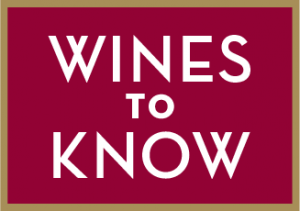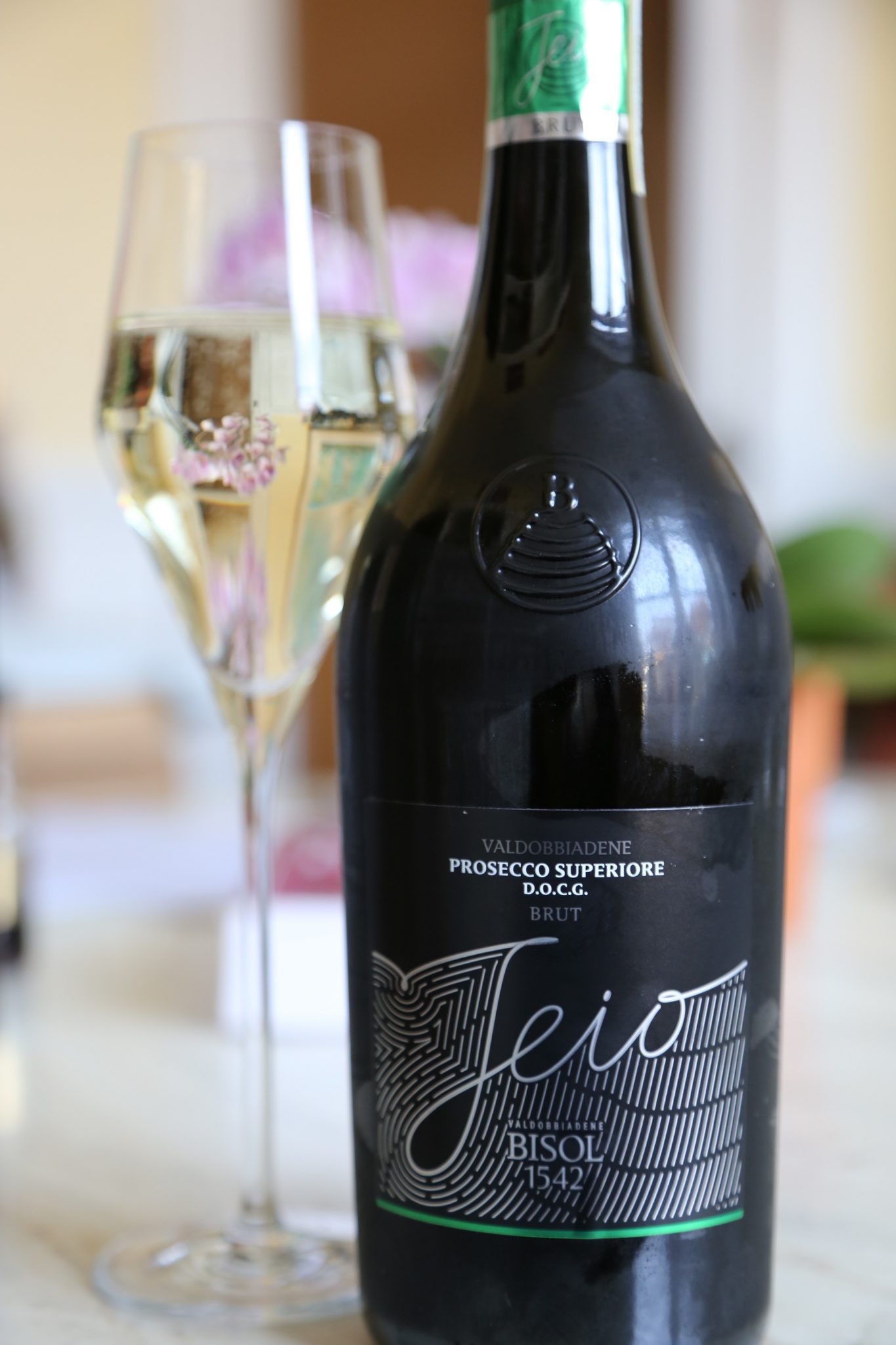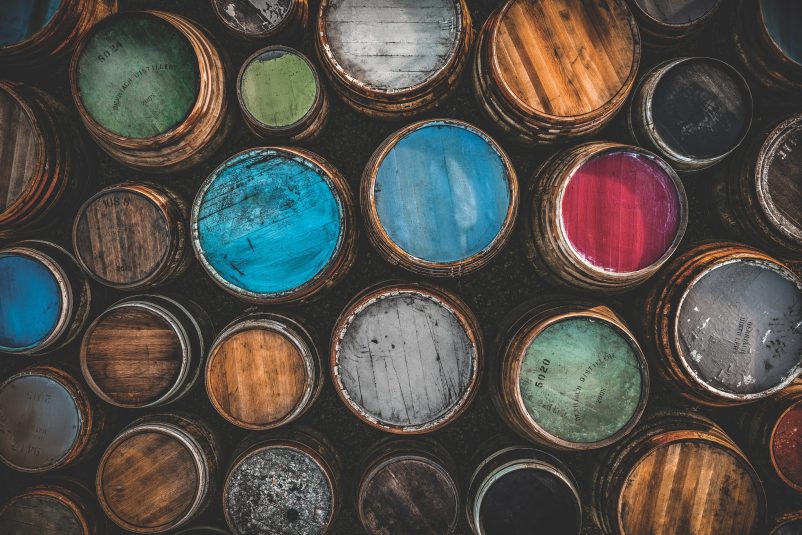
BISOL | “Jeio” Prosecco Superiore Brut NV D.O.C.G.
(Valdobbiadene, Veneto, Italy) $16
 Who doesn’t need a really good sparkler that’s a steal at this time of year? The operative words are “really good,” because Prosecco can be a little too bitter or a little too fruity or just plain neutral. It’s a hard wine to get right. But Bisol—founded in 1542, making it one of the oldest prosecco producers—has a terrific track record. Their “Jeio” (pronounced JAY-O) is clean and vibrant with wisps of pear and lemon. Not a touch of bitterness. It’s made mostly from glera, the traditional Prosecco grape, plus small amounts of chardonnay, pinot blanc, and pinot grigio. A simple, quaffable beauty. (11.5% abv)
Who doesn’t need a really good sparkler that’s a steal at this time of year? The operative words are “really good,” because Prosecco can be a little too bitter or a little too fruity or just plain neutral. It’s a hard wine to get right. But Bisol—founded in 1542, making it one of the oldest prosecco producers—has a terrific track record. Their “Jeio” (pronounced JAY-O) is clean and vibrant with wisps of pear and lemon. Not a touch of bitterness. It’s made mostly from glera, the traditional Prosecco grape, plus small amounts of chardonnay, pinot blanc, and pinot grigio. A simple, quaffable beauty. (11.5% abv)
89 points KM
Available at Vivino.com

Of the following white grape varieties, which is not used to make the famous sparkling wine Blanquette de Limoux from France’s Languedoc region?
A. Viognier
B. Chenin Blanc
C. Chardonnay
D. Mauzac
Best Wine Gifts
Chances are you need gifts. And we’ve got ideas for some great ones.
From the serious to the sublime, and from the funny to the fascinating, here are some of our favorite ideas for gifts any wine-drinker would love. And a few of them you might just want to give yourself. Check out our list below.



There are two types of kosher wine—mevushal and non-mevushal. Both must be handled by Sabbath-observant Jews if the wine is to remain kosher.
Answer: False. OK, this is a tough one. But, of the two, only non-mevushal kosher wine (kosher means “fit” and, thus, kosher wines are considered fit to drink) must be made, handled, bottled, certified, opened, poured, and drunk by Sabbath-observant Jews for the wine to keep its kosher status. Mevushal (literally, “cooked”) kosher wine is a far more common type. It is made exactly the same way as non-mevushal wine except for one crucial fact—it’s pasteurized and can therefore be handled and consumed by non-Jews.








